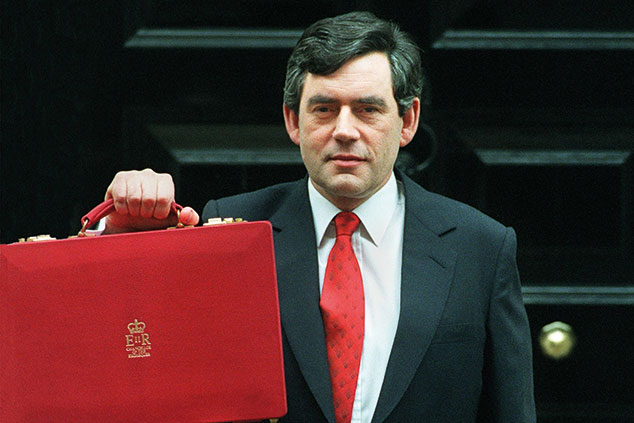
In an excellent article for The Times this week, Paul Johnson of the Institute for Fiscal Studies think tank highlights the problem of “fiscal drag”. Johnson notes that “more and more elements of the income-tax system do not respond to rising prices or incomes at all”. In 2010, a new top tax rate of 50% was introduced for those earning over £150,000. It was later cut to 45%, but the threshold stayed the same. That same year, a 60% marginal rate on incomes between £100,000 and £120,000-odd was introduced (in the form of the personal allowance being withdrawn). And in 2013, the child benefit taper was introduced for households with a parent earning £50,000 or above, creating another huge marginal tax rate. None of these thresholds has risen since, which as Johnson points out means they represent “hidden annual tax rises”. Nor (as the word “hidden” implies) is this policy of dragging ever more people into higher tax bands something that has ever been made explicit to any voter, by any party.
Johnson rightly argues that indexation (whereby tax bands rise with inflation) should be the norm, and that chancellors should have to justify any departure from this norm. But the point goes deeper than this. Our tax system has become so complicated and bloated that any significant rise in your income can trigger interactions with the pension and benefits system that render the pay rise almost more hassle than it’s worth (and this is before we even start on how Scotland’s slightly different income-tax bands have created all sorts of added twists for those living there). I can’t help but wonder if this might have some bearing on Britain’s infamously low productivity.
Most of these distortions have been generated by one thing: a lack of political spine. Stealth taxes have been a problem throughout history, but Gordon Brown turned them into an art form in his time as chancellor, and his successors have been all too willing to follow suit. Now those chickens are coming home to roost. Never mind “people’s QE” or post-Brexit “stimulus spending” – simplify the tax system, make it easy for people to understand how much of their own hard-earned money they will actually be allowed to keep, and you’ll boost the economy in a far more sustainable – not to mention honest – manner.
A quick reminder – if you’re up in Edinburgh this month, don’t miss Dominic Frisby and Merryn Somerset Webb hosting a panel discussion on politics, economics and investment at Panmure House (Adam Smith’s last home). Dominic is hosting until 16 August, and Merryn takes over from 17 August (and I’m a guest on the 22 and 23). Book now at tickets.edfringe.com.